Talking about our sons comes with its own set of special words and phrases.
In Britain, there’s a whole collection of slang terms that parents and family members use to describe or talk to their boys.
From “little man” to “sprog,” each of these terms has its own feel and history.
This article will take you through some of the most common and beloved British slang for sons.
Whether you’re just curious about the language or looking for the perfect word to describe your relationship, we’ve got you covered.
Let’s get started!
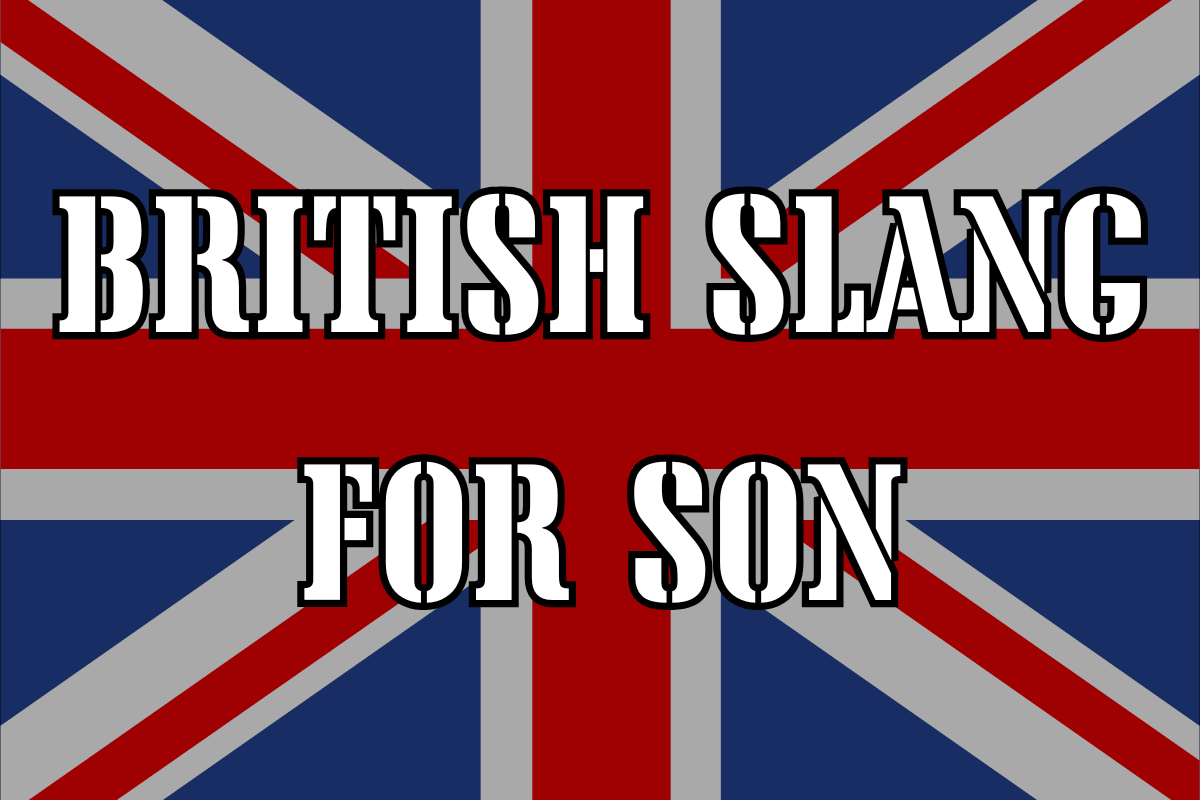
British Slang For Son
Bairn
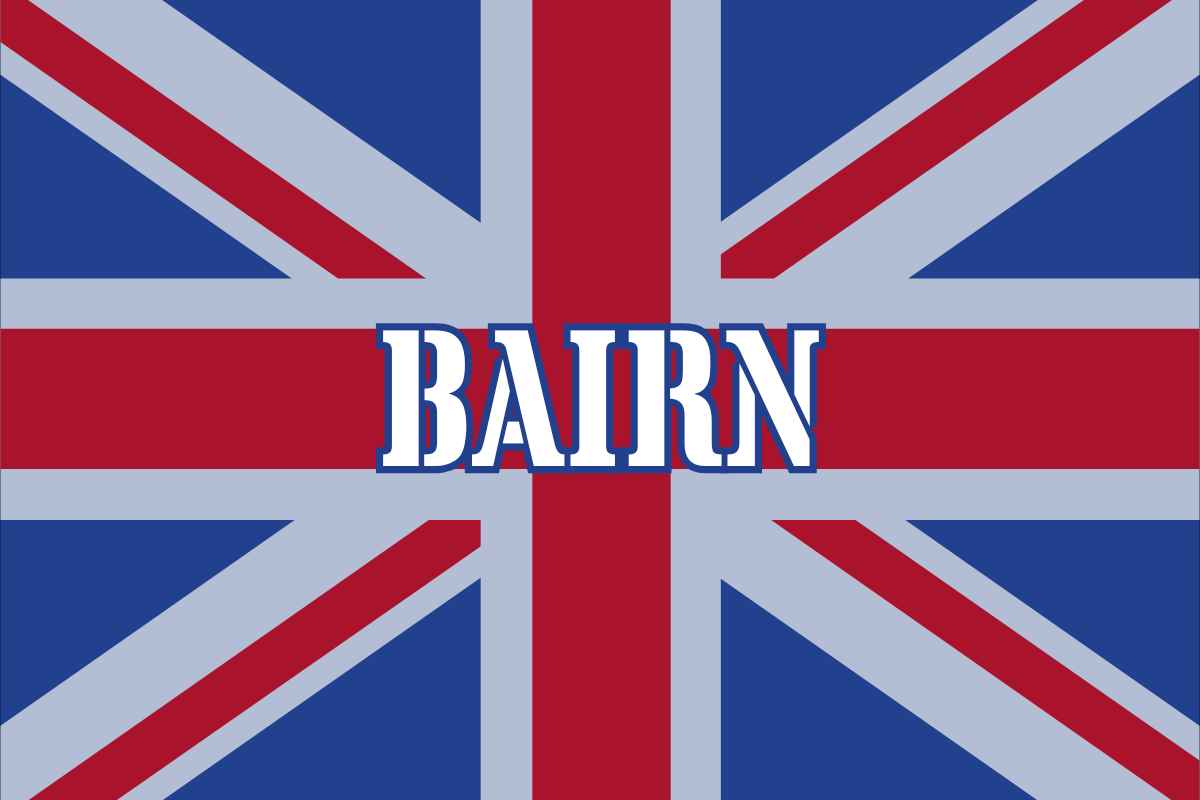
“Bairn” is deeply rooted in Scottish English, traditionally used across Scotland to refer to a child, with a particular affection when referring to one’s son.
The term dates back to Old English and is cognate with Old Norse ‘barn’, meaning child.
Its usage is a testament to the linguistic heritage shared across the North Sea, reflecting the Viking influence on the Scottish language.
Despite modern variations in slang, “bairn” remains a term of endearment and cultural identity, embodying the warmth and familial bonds of Scottish communities.
Examples in sentences:
- “I’m taking the bairn to the park this afternoon.”
- “Our bairn just started walking, and we’re over the moon!”
- “He’s not just my son; he’s my wee bairn, and I’d do anything for him.”
- “Did you see how tall their bairn has gotten?”
- “We’re off to visit the grandparents, so they can see their beloved bairn.”
Boyo
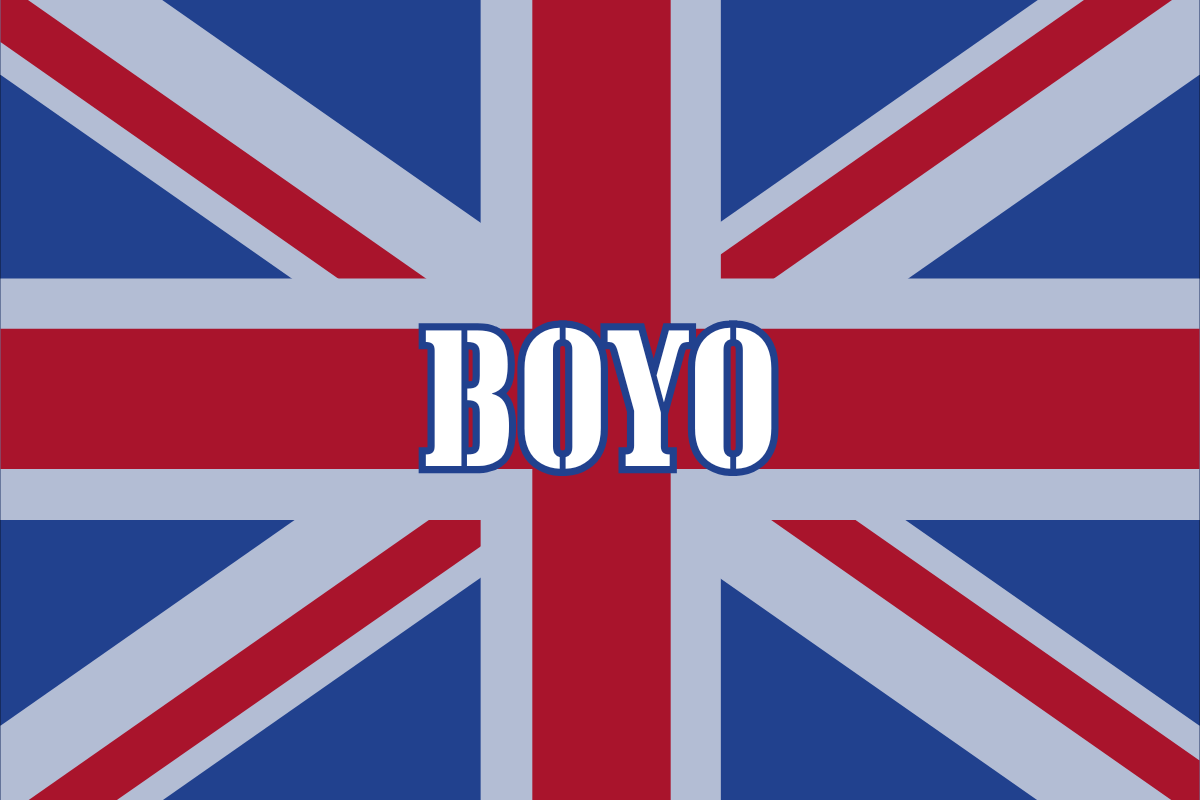
“Boyo” is a colloquial term predominantly used in Wales to refer to a boy or young man, carrying a tone of familiarity and affection.
It’s a word that captures the camaraderie and warmth of Welsh communities, often used playfully among friends or to address someone younger.
While its exact origins are difficult to pinpoint, “boyo” reflects the linguistic and cultural uniqueness of Wales.
It’s not just a word but an expression of a shared identity, embodying the close-knit nature of Welsh society.
Examples in sentences:
- “Alright, boyo? How’s it going?”
- “He’s a clever boyo, always top of his class.”
- “You’re not in trouble, boyo, just need a chat is all.”
- “That boyo there can run faster than anyone I know.”
- “Watch yourself, boyo, that’s not how we do things here.”
Chap
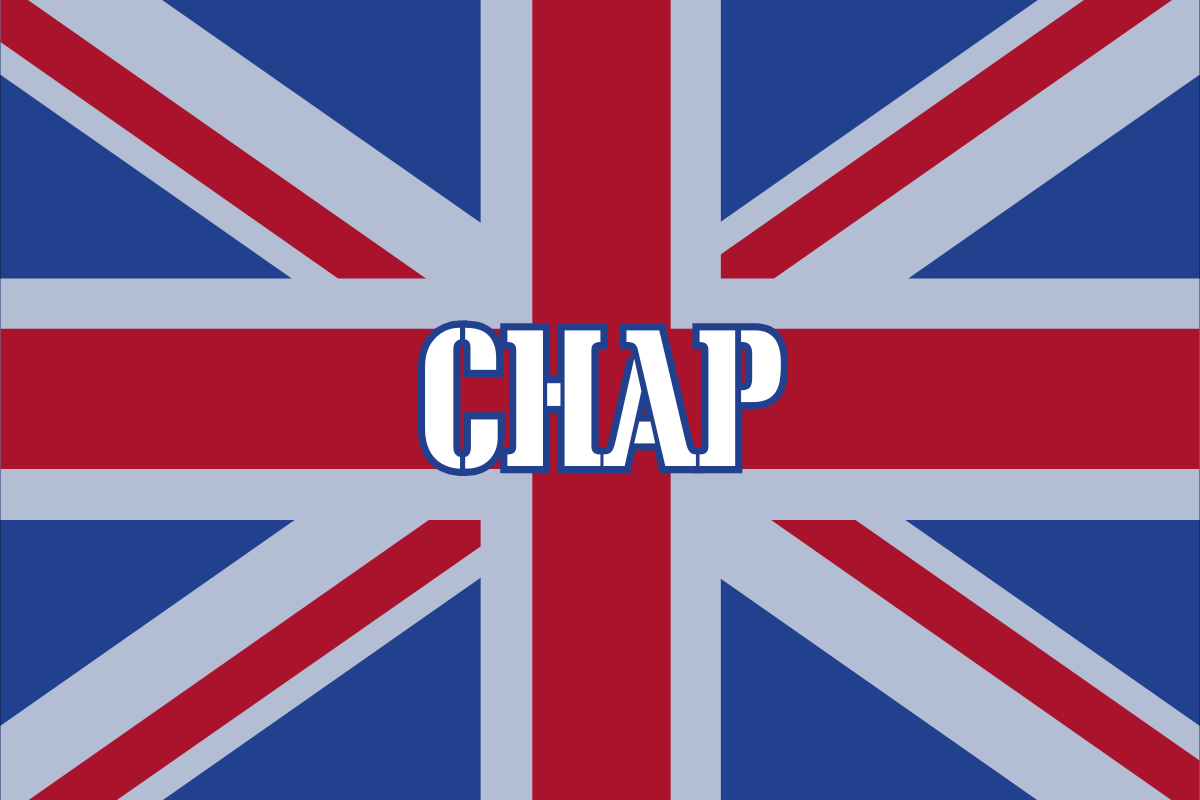
“Chap” is a quintessentially British term used to refer to a boy or man, often implying a sense of decency and reliability.
Originating from the late 17th century, “chap” was initially a short form of “chapman,” an old term for a trader or peddler.
Over the centuries, its usage evolved to become a general, friendly way to address or describe men and boys, devoid of the commercial connotation.
Today, “chap” is used both affectionately and respectfully, embodying a blend of traditional British courtesy and modern camaraderie.
Examples in sentences:
- “He’s a good chap, always ready to lend a hand.”
- “That young chap over there is my son.”
- “You’re a fine chap for coming to help so quickly.”
- “I met an interesting chap at the conference yesterday.”
- “He’s quite the adventurous chap, always traveling somewhere new.”
Fella
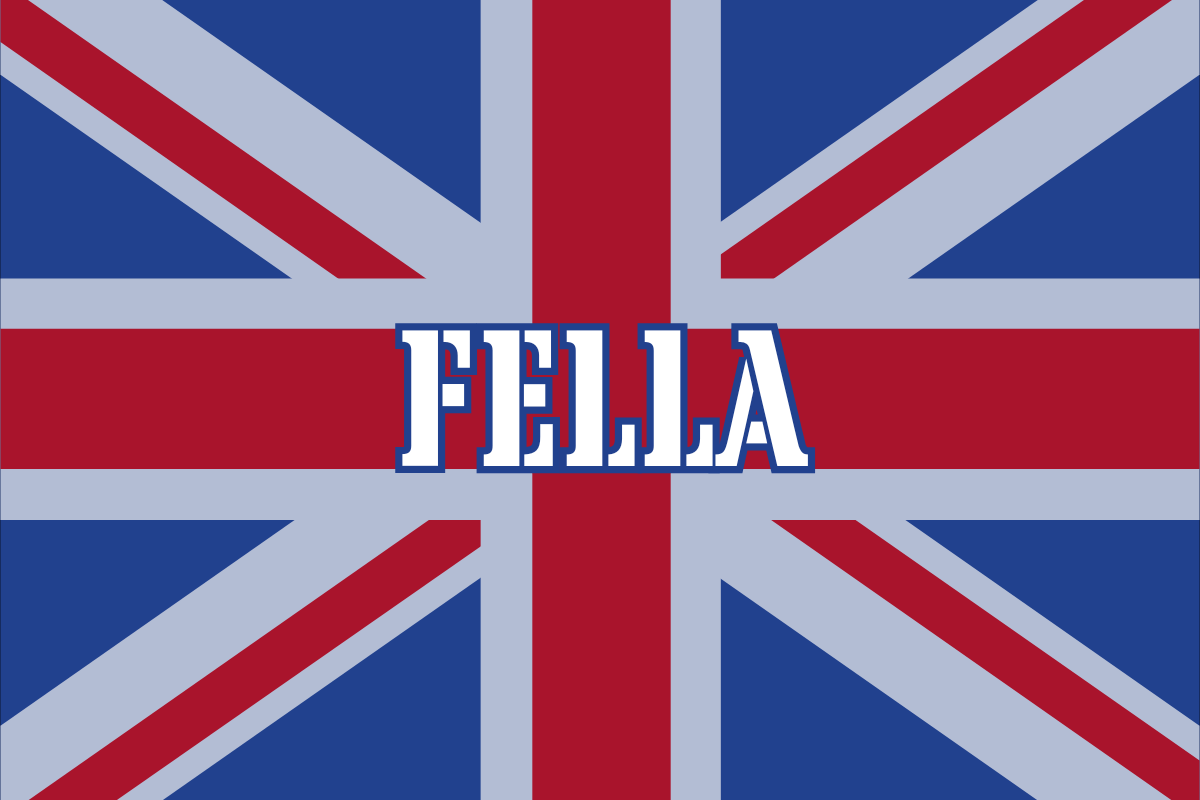
“Fella” is a versatile term in British English, used to refer to a man or boy in a casual and often affectionate manner.
While its origins are not uniquely British, having been derived from “fellow,” the term has been warmly adopted into everyday language across the UK.
It conveys a sense of camaraderie and familiarity, making it a popular choice among friends and family alike.
“Fella” can describe anyone from a close friend to a son, embodying a blend of affection and informality that’s characteristic of British speech.
Examples in sentences:
- “My little fella is starting school this year.”
- “He’s a great fella, always looking out for his mates.”
- “That young fella over there is my son.”
- “You’ve grown into a fine fella, haven’t you?”
- “I’m taking the fella out for his birthday treat.”
Junior
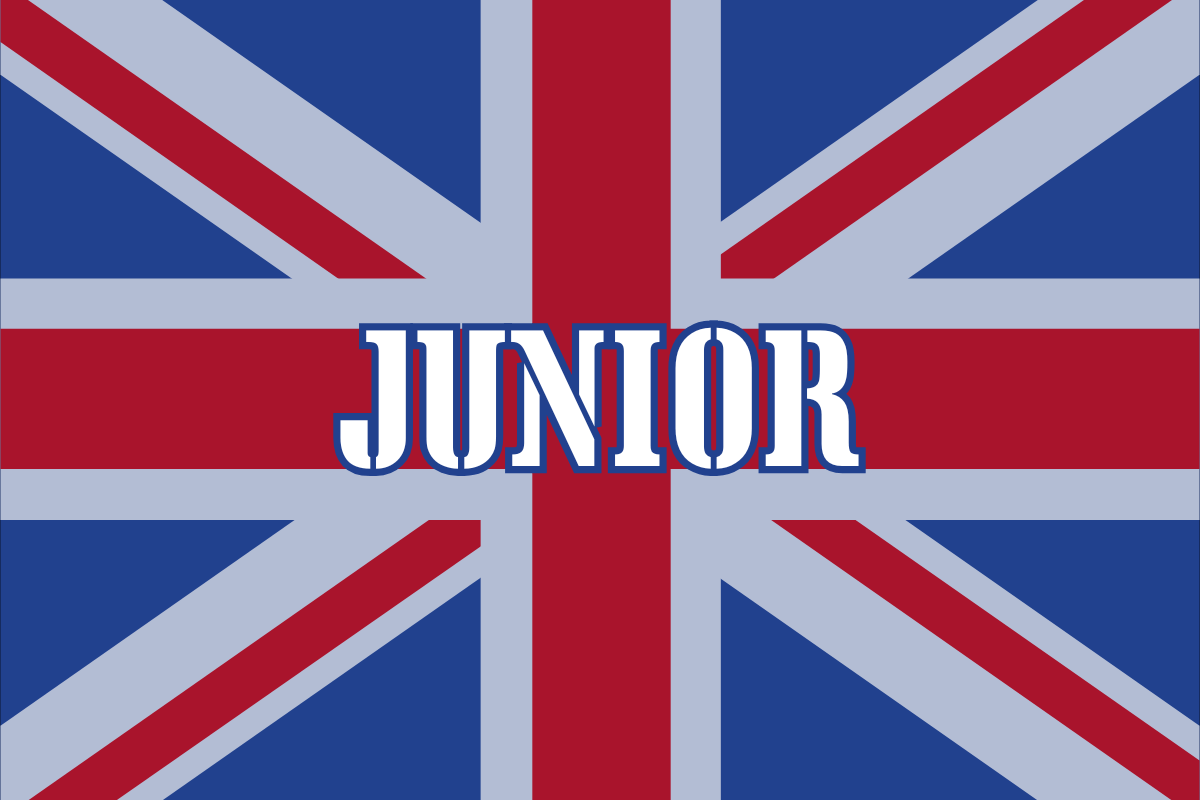
“Junior” is a term widely used in both British and American English to denote a son who shares the same first name as his father, serving as a suffix to distinguish between the two.
In British slang, it’s also affectionately used to refer to a younger person, often a son, highlighting their youth or position in the family lineage.
The use of “Junior” reflects a tradition of naming practices that honor family heritage, emphasizing the bond and continuity between generations.
Examples in sentences:
- “John Smith Junior has his dad’s eyes.”
- “I’m taking Junior to his first football match this weekend.”
- “Junior’s got his exams coming up; he’s been studying hard.”
- “That’s Junior’s bike in the driveway.”
- “Junior’s really taken to guitar lessons; he practices every day.”
Kid
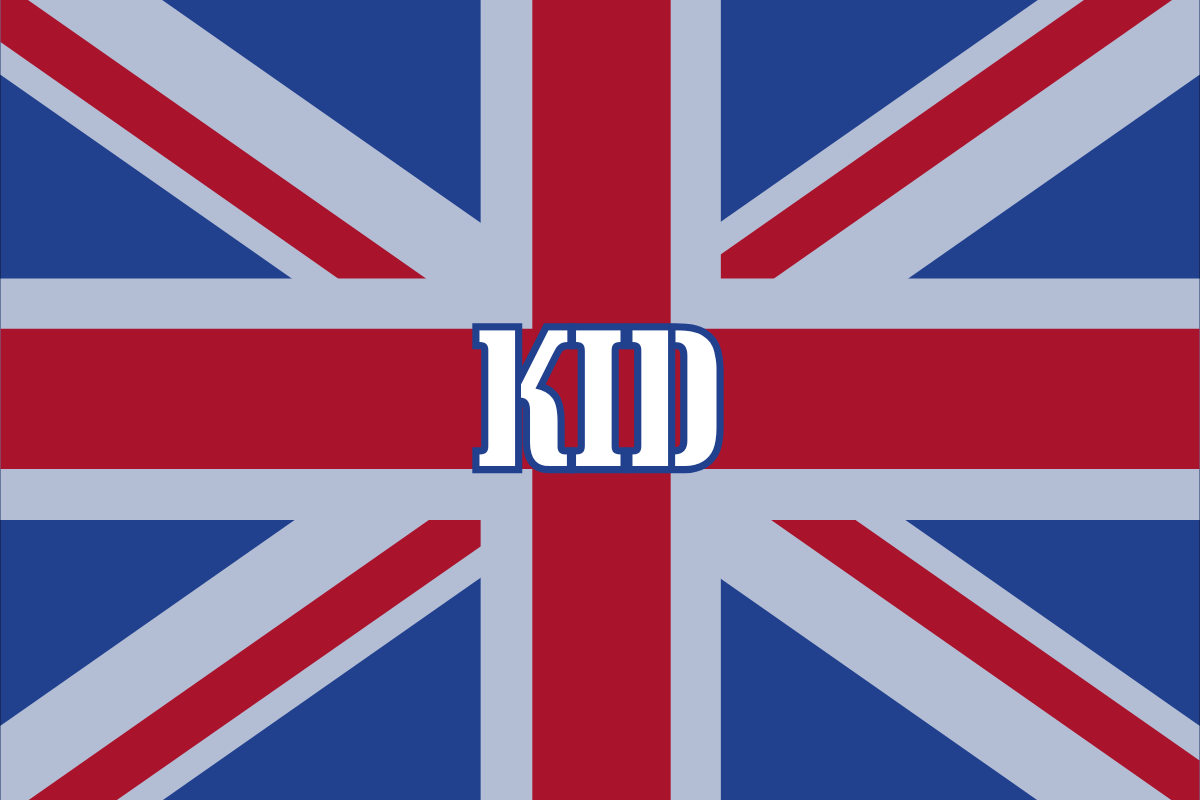
“Kid” is a universally recognized term for a child or young person, used extensively across the English-speaking world, including in Britain.
While not exclusive to any one dialect, “kid” conveys an informal, affectionate approach when referring to sons or daughters.
The term’s origins trace back to Old Norse, where “kið” referred to a young goat, which over time became a colloquial term for children due to the playful and energetic nature associated with both.
Examples in sentences:
- “I’m picking up the kids from school today.”
- “Our kid’s got a football match this weekend.”
- “He’s a great kid, always so polite and helpful.”
- “The kids are growing up so fast, aren’t they?”
- “Make sure the kid wears his coat; it’s chilly outside.”
Kiddo
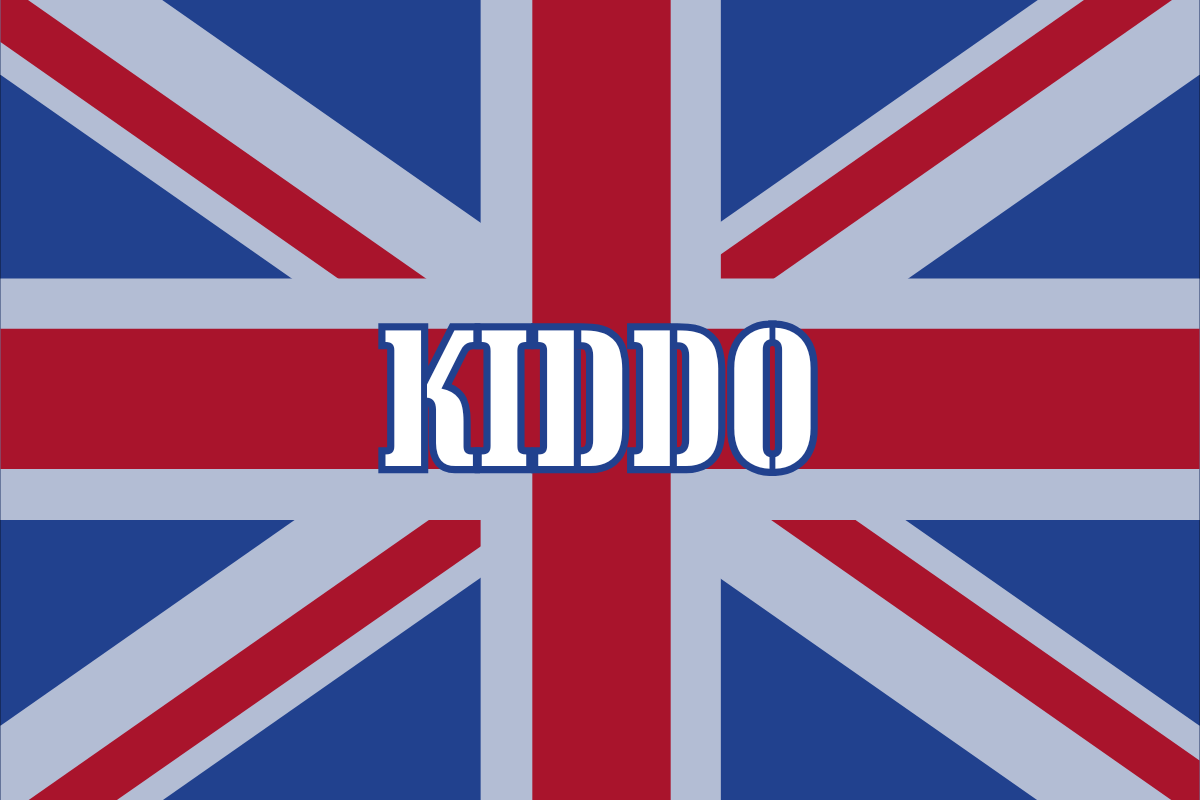
“Kiddo” is an endearing term used to refer to children or young people, often conveying a sense of warmth and familiarity.
In British slang, it captures the affectionate bond between parents and their children, or between adults and younger family members or friends.
While “kiddo” is not exclusive to British English, its usage in the UK is imbued with a particular sense of casual affection and camaraderie, making it a popular choice in familial and close-knit community contexts.
Examples in sentences:
- “How’s it going, kiddo? Enjoying the school holidays?”
- “You did great out there, kiddo!”
- “Kiddo, remember to clean up your room before dinner.”
- “I’m so proud of you, kiddo, for all your hard work.”
- “Hey kiddo, want to go to the park this afternoon?”
Lad
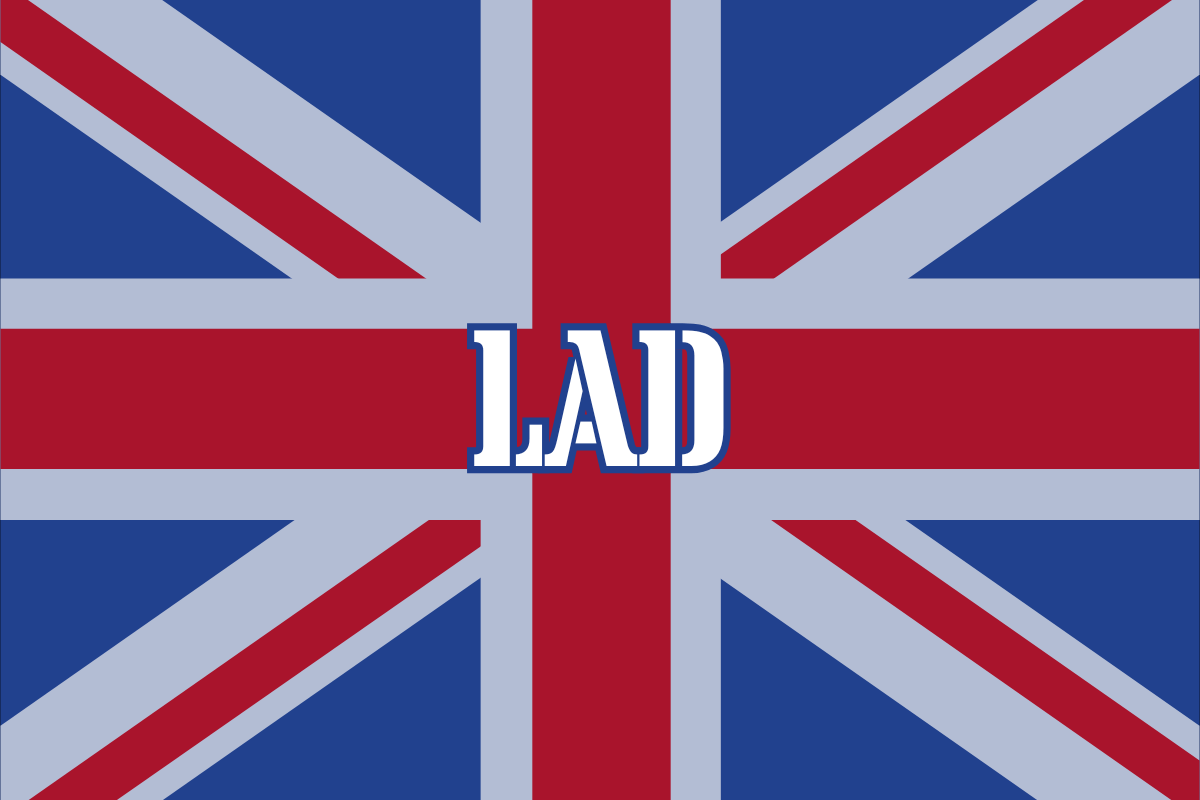
“Lad” is a term deeply ingrained in British culture, traditionally used to refer to a young man or boy.
It carries connotations of youthfulness, energy, and sometimes mischief.
The term “lad” has its roots in Middle English, coming from the Old Norse word “ladd,” meaning a young man.
It reflects the historical Viking influence on the English language.
Today, “lad” is used both affectionately and colloquially across the UK, often in the context of friendship, sports, and family life.
Examples in sentences:
- “The young lad is quite the footballer, isn’t he?”
- “I’ve known him since he was just a lad.”
- “Come on, lads, let’s get moving!”
- “He’s a good lad, always ready to lend a hand.”
- “That lad of yours is growing up fast!”
Laddie
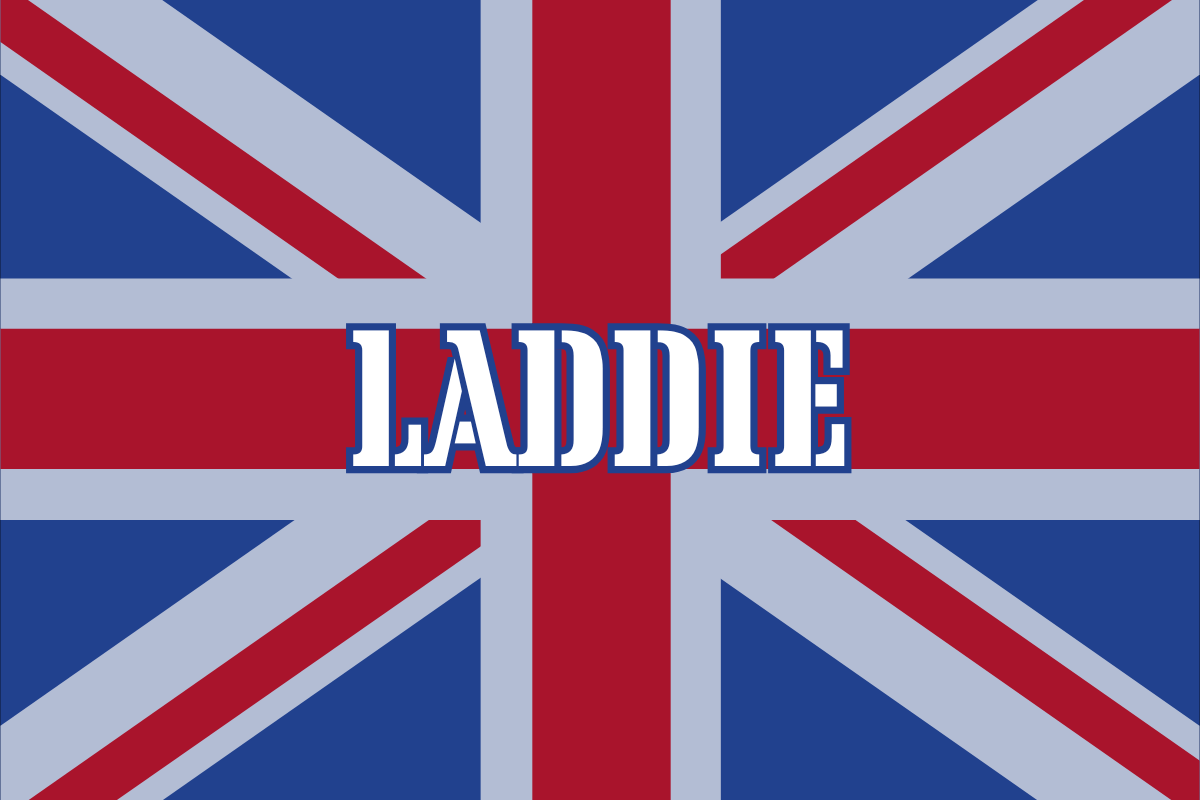
“Laddie” is the Scottish equivalent of “lad,” used affectionately to refer to a young boy.
It’s a term that evokes a sense of youthful innocence and camaraderie, particularly in Scotland.
“Laddie” is derived from the diminutive form of “lad,” emphasizing the youthfulness of the person being referred to.
This term is a staple in Scottish vernacular, showcasing the country’s rich linguistic heritage and the affectionate way in which young boys are viewed within the community.
Examples in sentences:
- “Look at that laddie go, running faster than the wind!”
- “Your laddie’s got a sharp mind; he’ll go far.”
- “That laddie of mine is the light of my life.”
- “He’s a brave laddie, not afraid of trying new things.”
- “Every time I see the wee laddie, he’s grown another inch!”
Little Guy
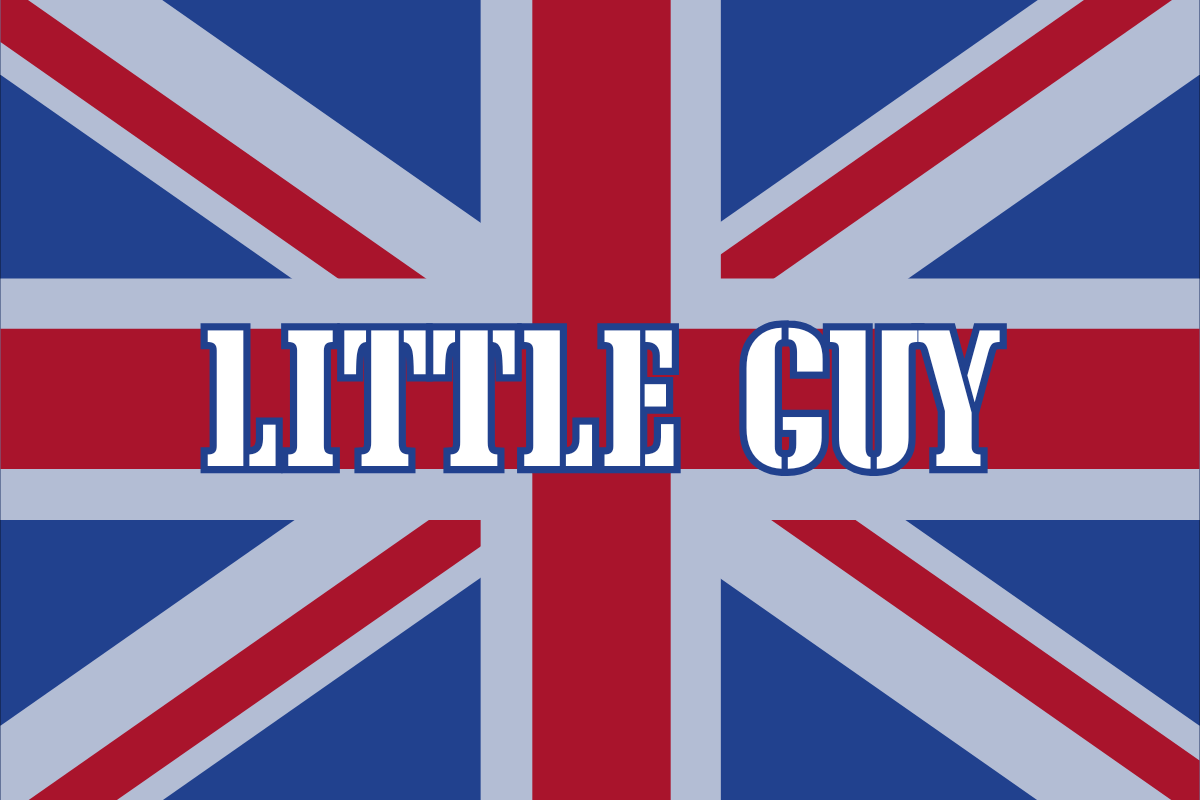
The term “little guy” is a tender way to refer to a young boy, capturing the essence of his early years and the affection felt towards him.
It’s a phrase that encapsulates the protective and loving sentiments often directed at young sons or boys within a family or close-knit circle.
While not unique to British slang, its usage in the UK is consistent with the broader English-speaking practice of using diminutive forms to express affection and familiarity.
Examples in sentences:
- “The little guy’s first day at nursery went really well.”
- “Watch the little guy while I grab our coats, will you?”
- “He’s such a brave little guy, not scared of the dark at all.”
- “Our little guy is growing up so fast, it’s hard to keep up!”
- “Did you see the little guy in his Halloween costume? Absolutely adorable!”
Little Man
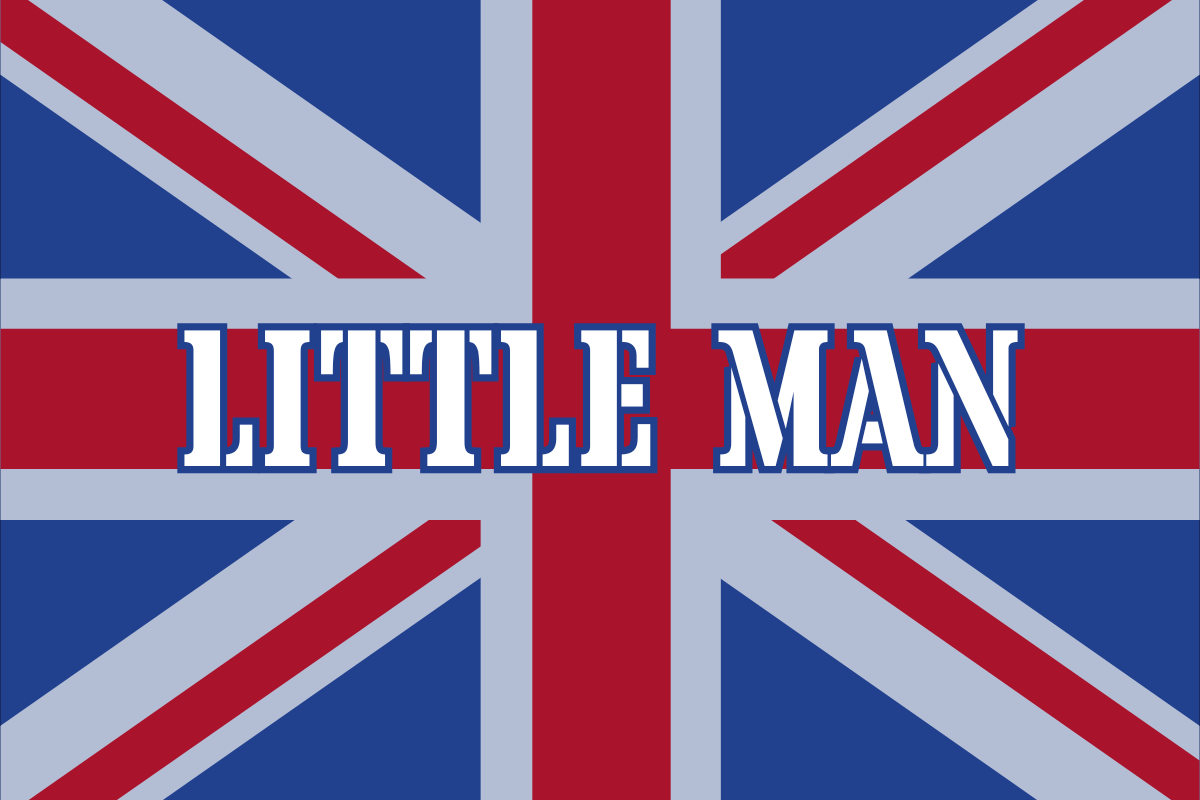
“Little Man” is a term of endearment used to refer to a young boy, highlighting his burgeoning independence and personality while still acknowledging his youth.
It’s a term that’s used across the English-speaking world, including Britain, to affectionately address young boys who are showing the first signs of growing up and carving out their own identities.
The term suggests a blend of affection, pride, and the bittersweet nature of watching a child grow and mature.
Examples in sentences:
- “Hey, little man, ready to head to the park?”
- “This little man is starting school next term.”
- “You’re becoming quite the little man, aren’t you?”
- “He’s the little man of the house when his dad’s away.”
- “Look at our little man, all dressed up for the occasion!”
Mate
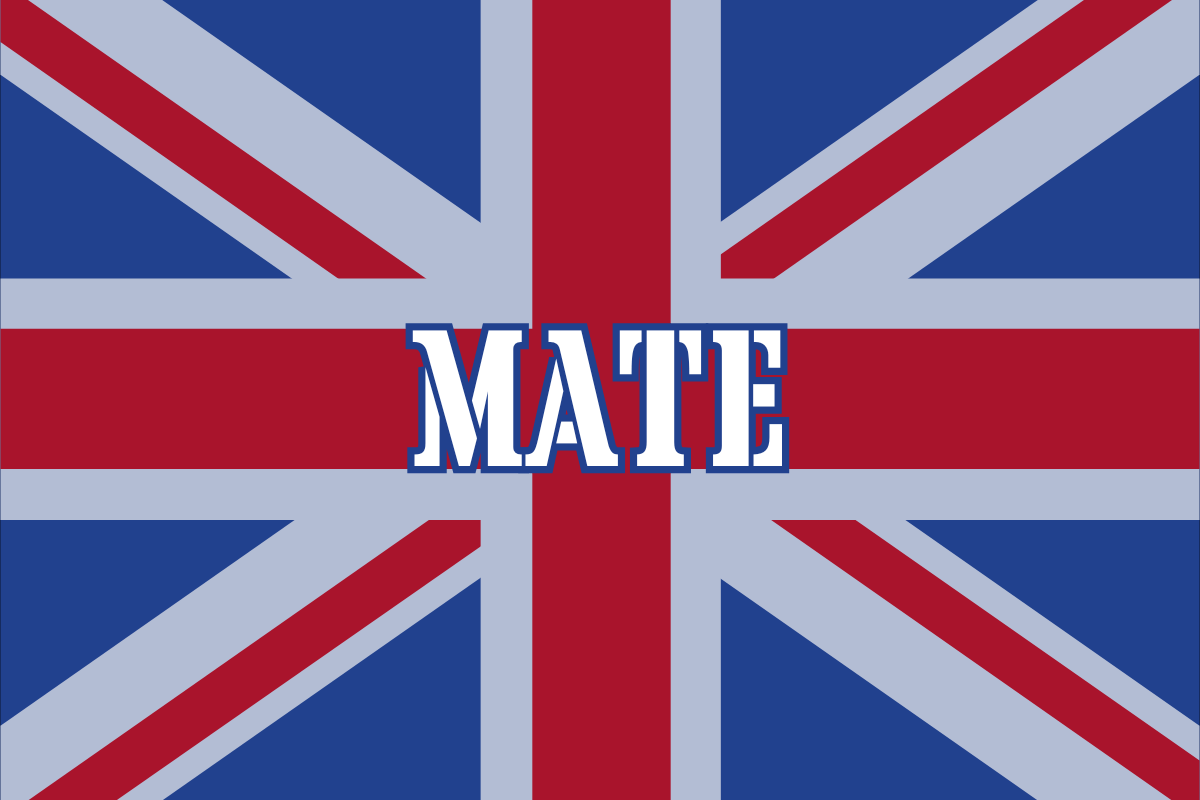
“Mate” is a term ubiquitously used across the UK to refer to friends or peers, but it’s not uncommon for parents to affectionately refer to their older sons as “mate,” particularly as they enter their teenage years.
This usage underscores a friendly, close bond between parent and child, reflecting a relationship that’s as much about companionship as it is about familial ties.
The term “mate” has been part of English vernacular since the Middle Ages, originally meaning a companion or fellow, and its use as a term of endearment for sons is a natural extension of this meaning.
Examples in sentences:
- “Alright, mate? How was school today?”
- “You’ve done a great job with this, mate.”
- “Hey mate, fancy a game of football in the park?”
- “I’m proud of you, mate. You handled that well.”
- “Need a hand with that, mate?”
My Boy
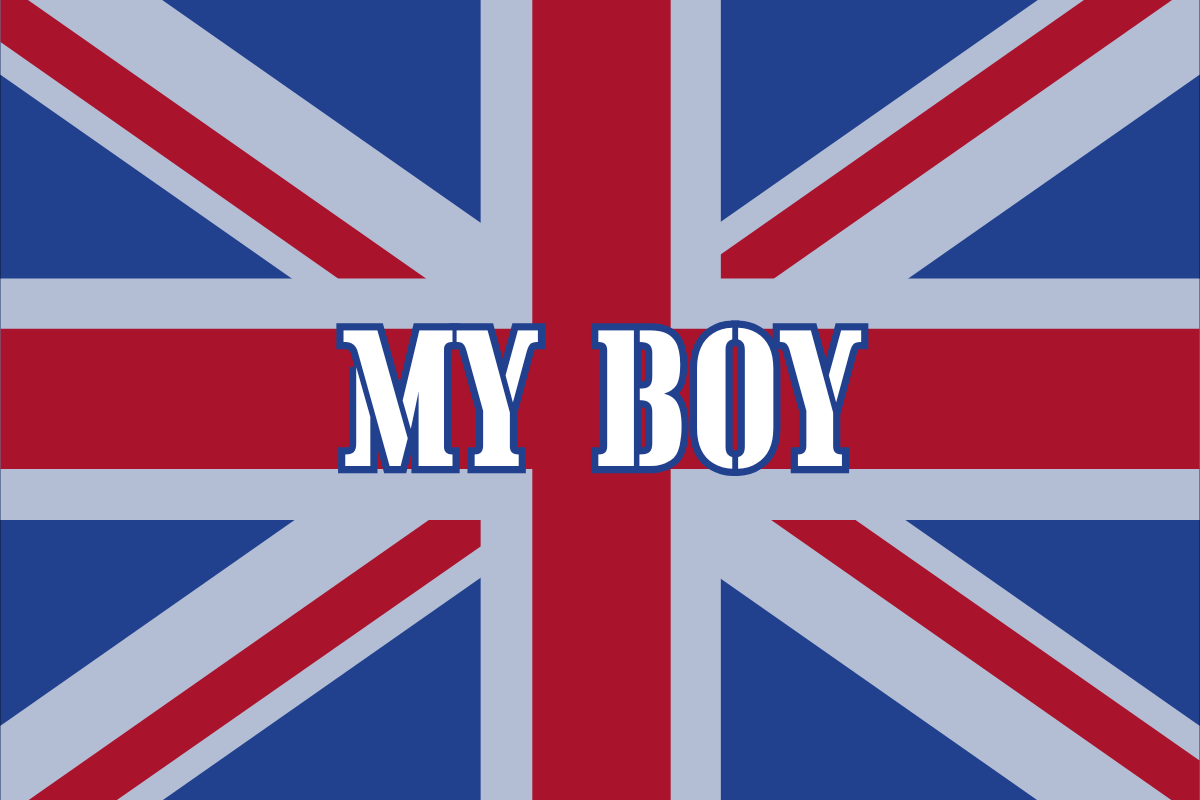
“My boy” is a phrase laden with pride and affection, used by parents when referring to their son.
It emphasizes the relationship and often conveys a sense of pride in the son’s achievements or character.
The term is timeless, crossing generations and dialects within the UK, and serves to strengthen the familial bond by acknowledging the son’s importance and cherished status within the family.
Examples in sentences:
- “Have you met my boy? He’s just won an award at school.”
- “My boy is growing up so fast, it’s hard to believe.”
- “I’m taking my boy to his first football match this weekend.”
- “My boy has the kindest heart; he’s always helping others.”
- “That’s my boy, always up for an adventure.”
Sprog
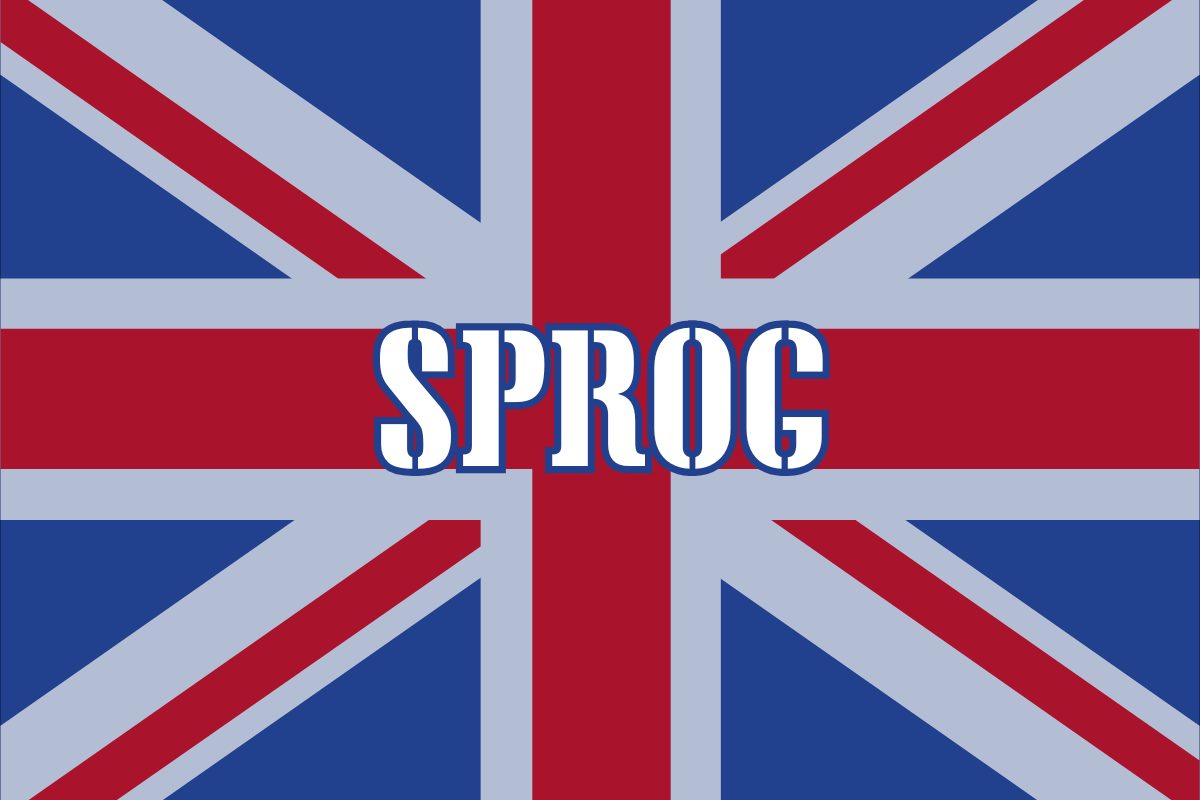
“Sprog” is a distinctly British slang term for a child, carrying a humorous or affectionately teasing tone when used by parents.
Its origins are somewhat murky, but it’s believed to have military roots, used initially to describe new recruits or young servicemen.
Over time, “sprog” has become a playful way for parents to refer to their children, emphasizing the youthful innocence or the challenges of parenting in a light-hearted manner.
Examples in sentences:
- “We’ve got two sprogs keeping us busy at home.”
- “Our youngest sprog has just started walking.”
- “I remember when you were just a little sprog.”
- “The sprogs are at their grandparents’ this weekend.”
- “He’s not so much of a sprog anymore, almost a teenager!”
Sonny

“Sonny” is a term of endearment used primarily for young boys or sons, evoking a sense of youth and tenderness.
While its use is not exclusive to the UK, British parents might use “sonny” to address their son in a loving, gentle manner, especially when imparting advice or in moments of care and affection.
The term suggests a nurturing relationship, with “sonny” often used to soften a conversation or to express fondness.
Examples in sentences:
- “Listen here, sonny, let me give you a bit of advice.”
- “How’s it going, sonny? Had a good day at school?”
- “You’ve made me proud, sonny.”
- “Be careful with that, sonny, it’s heavier than it looks.”
- “Sonny, it’s time to get ready for bed.”
Youngster
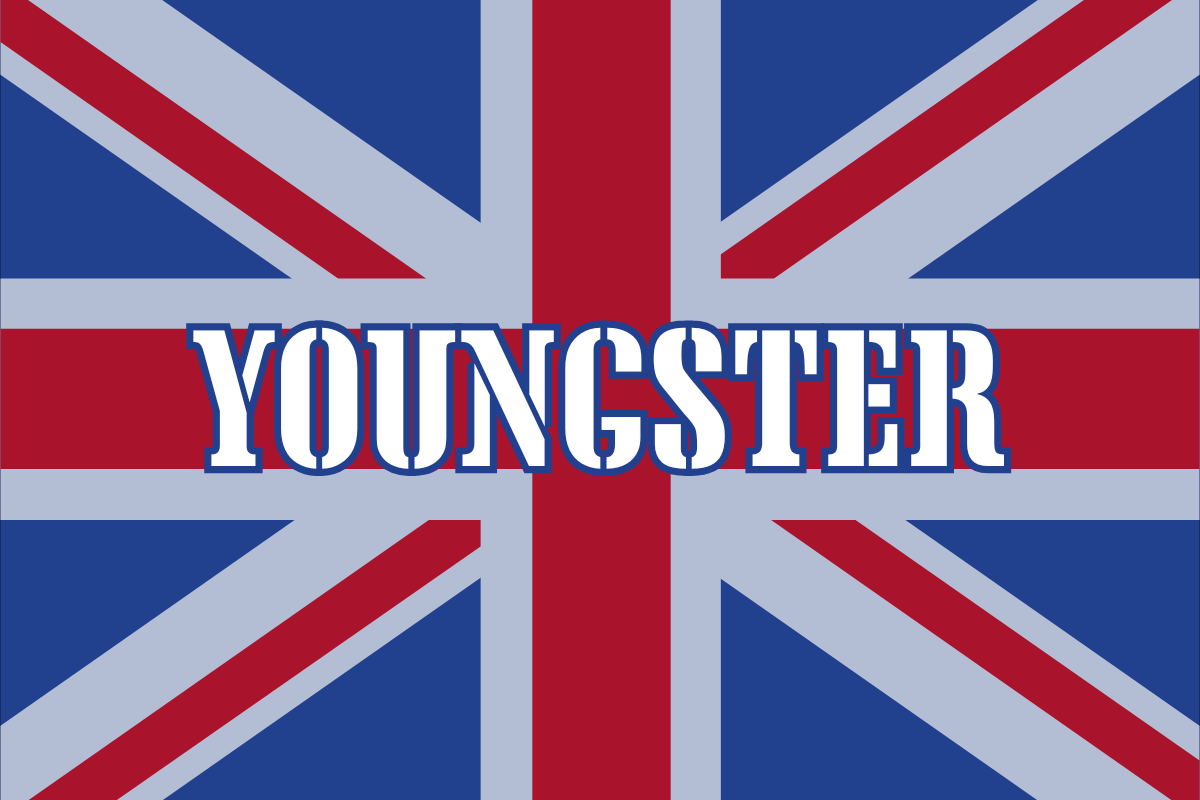
“Youngster” is a broadly used term for any young person, but within the context of family, it’s often affectionately used by parents in reference to their sons.
The term spans across English-speaking cultures, including the UK, where it’s used to highlight the youth and energy of the child.
“Youngster” conveys a sense of potential and growth, often used by parents when discussing their children’s future or when expressing pride in their son’s development.
Examples in sentences:
- “The youngster’s taken up football, and he’s quite good at it.”
- “Our youngster is always up to something new and exciting.”
- “I was much like you at your age, youngster.”
- “That youngster of ours is growing too fast.”
- “He’s a bright youngster, full of questions about the world.”

